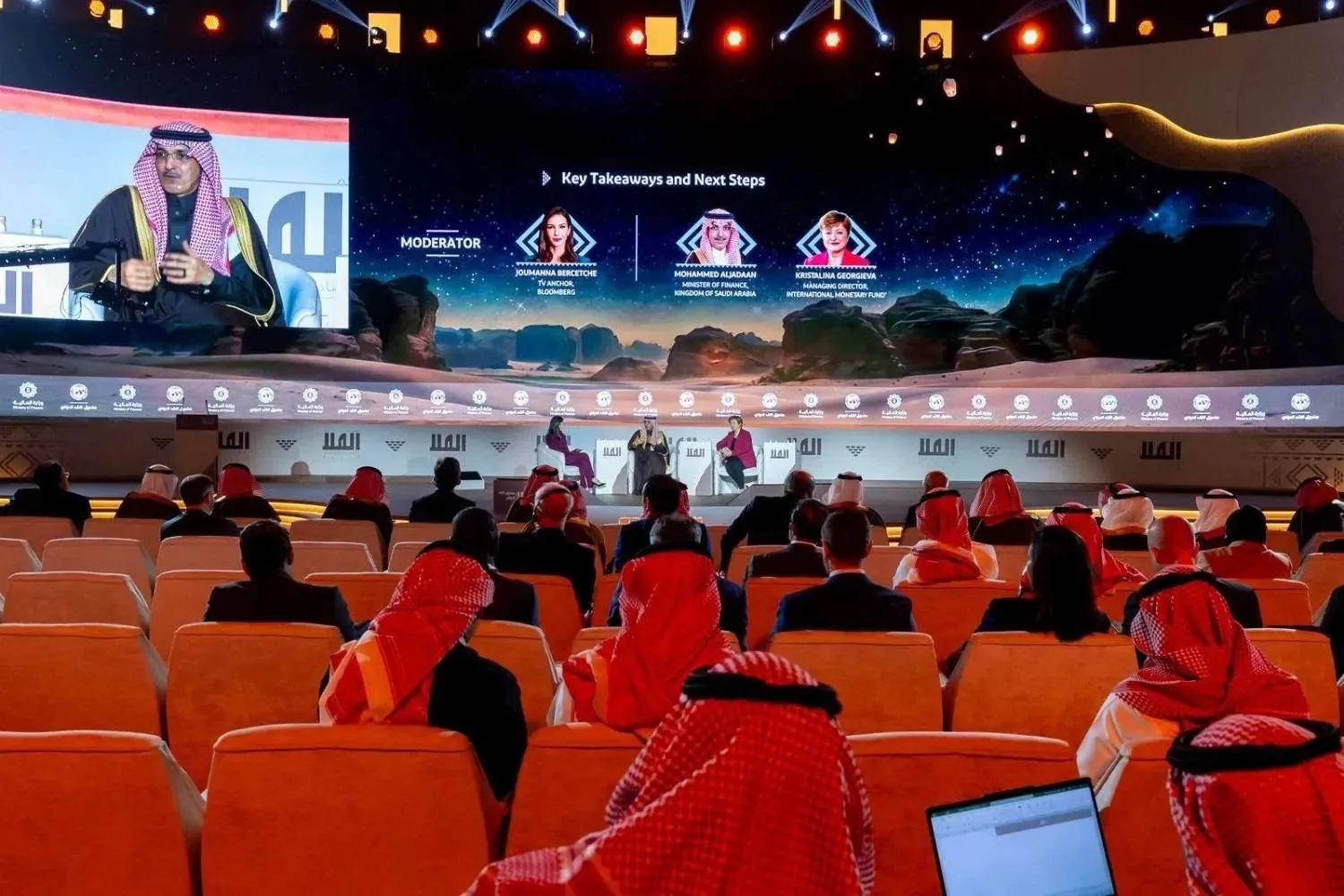The Gulf Cooperation Council (GCC) equity market index closed in 2021 with 34.9% gains, marking the biggest gains since 2008, according to a report by Kuwait-based Kamco Invest.
The aggregate MSCI GCC Index witnessed gains for 12 consecutive months until November 2021, when in declined by 3.4%. However, gains during December partially offset the trimmed yearly gains.
The report indicated that Abu Dhabi was the best performing market amongst prominent equity markets globally with a gain of 68.2%.
Saudi Arabia was next in the region with a healthy gain of 29.8%, closely followed by Dubai and Kuwaiti benchmarks with gains of 28.2% and 27%, respectively.
GCC equity markets outperformed its global peers with a yearly return of 34.9% in 2021 for the MSCI GCC Index.
The index recovered fully from the COVID-19 and oil-led decline of 3.7% in 2020.
Global markets had an equally exciting year with the MSCI World Index touching a record high on December 29, but declines during the last two trading sessions of the year partially trimmed the third consecutive year of gains that reached 20.1%.
Gains for both Saudi Arabia and Abu Dhabi Securities Exchange (ADX) were driven by listing of several state-owned firms amid a climate of economic optimism, large scale projects and timely execution of plans.
Several new initiatives were taken in the GCC that mainly aimed at diversifying non-oil state revenues, while making sure that their market share in the oil market remains robust by way of adding capacity.
The sector performance chart for the year showed gains mainly for the financial services sector with Diversified Financials topping the chart with a return of 62.2%, followed by Banks with a gain of 48.8%. Capital Goods index was next with a gain of 45.4%, followed by Materials and Healthcare with gains of 30.6% and 27.7%, respectively.
In terms of share of total trading activity, Abu Dhabi reported the steepest increase in trading activity with five-fold growth in value traded increasing from $19.3 billion in 2020 to $96.22 billion in 2021, resulting a share of 12.2% versus 2.9% in 2020.









